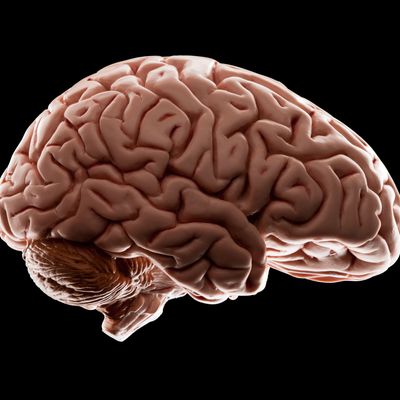
“Where are all the female geniuses?” Scientific American wonders. Perhaps because I am not a genius, I thought they were all over the place. We keep tabs on them on this blog. Nonetheless, Scientific American implores us to try a “simple thought experiment.”
“Name 10 female geniuses from any period in history.”
1. Virginia Woolf
2. Marie Curie
3. Rosalind Franklin
4. Toni Morrison
5. Hypatia of Alexandria
6. Ruth Bader Ginsburg
7. Oprah
8. Louise Bourgeois
9. Ada Lovelace
10. Chelsea Handler
“Odds are you ran out of names pretty quickly.”
Well, no, but it sounds like we have different definitions of genius. Citing IQ scores and accomplishments in the sciences, Sci Am argues that the genetic gifts of intelligence, curiosity, and passion are awarded in a gender-neutral Powerball. However, “more serendipitous still are the conditions needed for a person to devote decades to an idea or calling, deaf and blind to the distractions bound up in being human.” Those conditions are still tied up with normative gender roles. In line with fashionable thinking, Sci Am cites two studies that suggest the genius gap (ditto the achievement gap and the pay gap) has less to do with gender discrimination or gender difference (no comparative brain scans here) than with the choices sacrifices women make in order to achieve the elusive “work-life balance.”
“Choices made for family reasons are intensely personal and often admirable,” Sci Am writes, “but they are not conducive to genius-level accomplishment.” Female geniuses, like all women, can’t have it all.
The article cites Francis Galton (“the first person to study the hereditary basis of eminence”), who said that a gifted man won’t become a genius unless he “had no pressing calls on his attention:, no domestic sorrows, anxieties and petty cares … no constant professional toil for the maintenance of a large family.” In short, in order to be a genius, you need a wife/mother.




